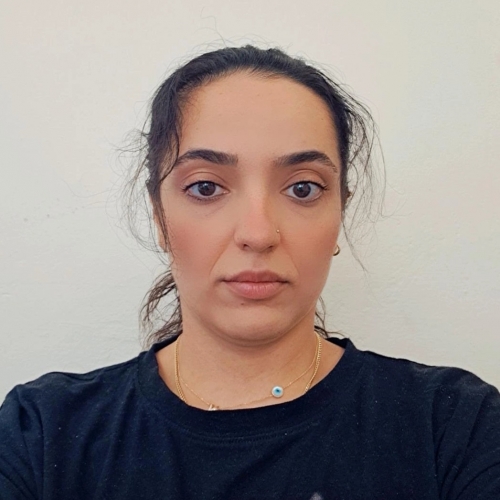
Narges Shabgard
University of New England
I am currently a PhD student in Applied Mathematics at the University of New England. I grew up in Iran, where I earned my bachelor’s degree in Pure Mathematics and my master’s degree in Applied Mathematics. I have always been deeply interested in applying mathematics to real-world problems. Currently, I am focusing on the numerical solutions of Partial Differential Equations. My research at the University of New England involves developing numerical solutions for models that describe population spread under various conditions.
1. Give me a quick overview of the type of mathematics you are studying, and/or the aims of your research and its potential applications/outcomes?
My field of study is Applied Mathematics, with a specific focus on the numerical solutions of Partial Differential Equations (PDEs). This area of mathematics is crucial for modelling and solving problems across various disciplines, including physics, engineering, and finance. My research primarily aims to develop and refine numerical methods that can accurately solve PDEs, which are integral to understanding phenomena like heat distribution, wave propagation, and population dynamics.
2. How did you get into the mathematical sciences? Was there someone or something that inspired you to this field?
My passion for mathematical sciences was sparked by my high school math teacher’s enthusiasm and the elegance of mathematical proofs. This fascination led me to explore deeper into the world of mathematics, eventually guiding me towards my current research in applied mathematics.
3. Summer School is designed to give students a deeper understanding of their area of research and expose them to others working in different fields/industries. Tell me about your Summer School experience. What was the most valuable part of the program for you?
My Summer School experience was enriching, offering me a broader perspective on applied mathematics. The most valuable part was networking with diverse professionals, which expanded my understanding of my field’s real-world applications.
4. What was your main take away/s from AMSI Summer School? Something you learnt? A connection you made? Do you have new ideas for your work/research or see it in a new light?
At the AMSI Summer School, my main takeaway was learning advanced computational techniques directly applicable to my research. This experience also sparked new ideas for approaching my work with a fresh perspective.
5. You received a grant to attend AMSI Summer School. How important was this in terms of your ability to attend, fully participate in the program and meet others studying in similar fields?
Receiving the grant was crucial; it enabled me to attend, fully engage in the AMSI Summer School, and connect with peers in similar fields, enriching my academic journey.
6. What advice would you give to someone who is considering applying for Summer School? How would you describe the conference to them?
I’d advise applying for Summer School as it’s a transformative experience that broadens your academic and professional horizons. Think of it as an intense, collaborative learning adventure in your field.
7. Where do you want the mathematical sciences to take you? Where do you see yourself in five, ten years’ time?
I envision a future where I’m leading impactful research in applied mathematics, solving real-world problems. In five to ten years, I see myself as a respected researcher and educator, shaping the next generation of mathematicians.
8. Any other feedback/comments you would like to provide on the travel grant or AMSI Summer School?
Thank you so much for the opportunity and providing the grant.
